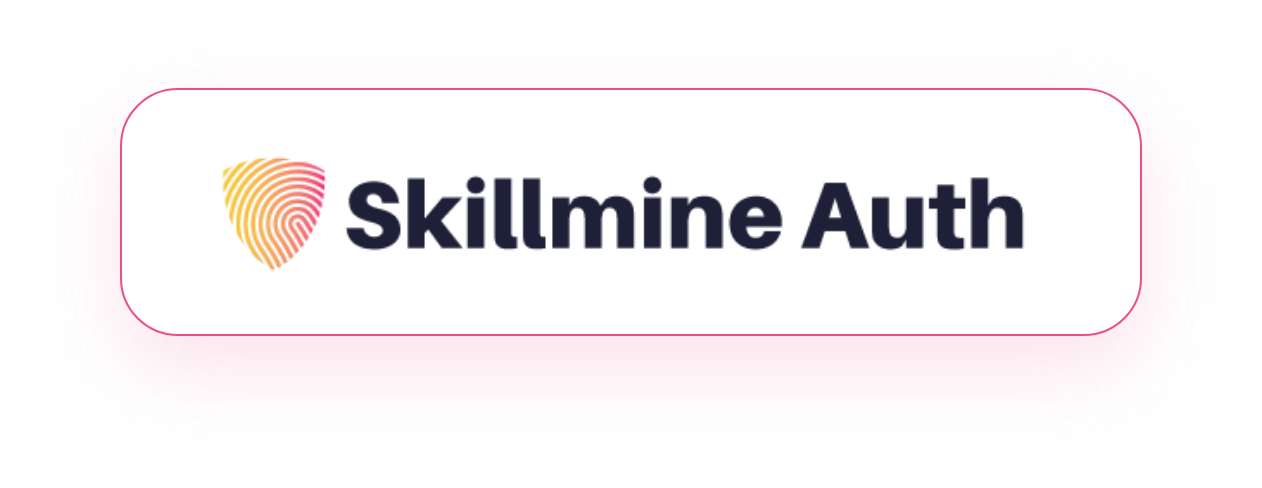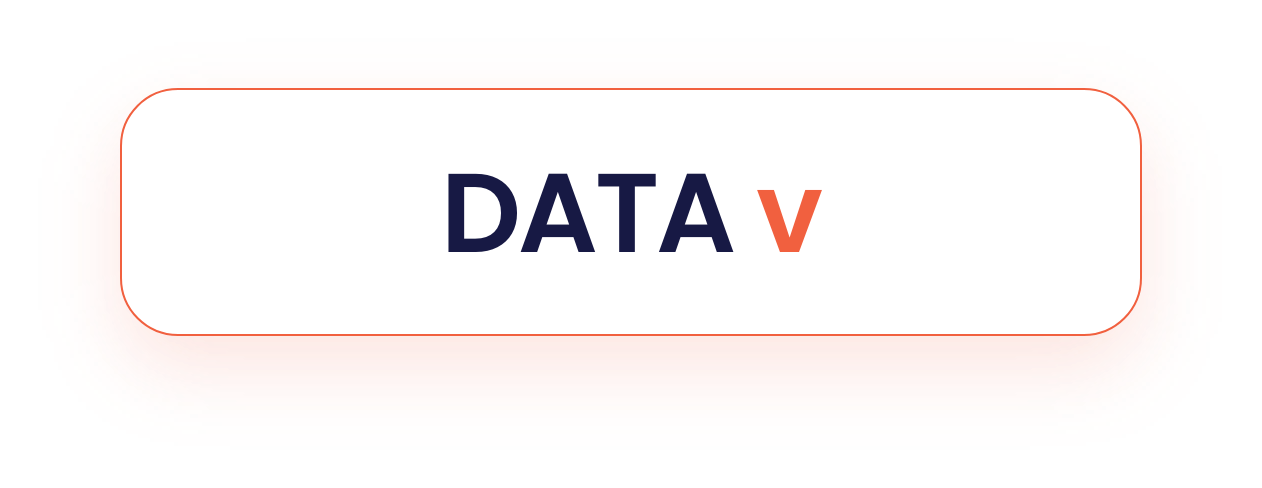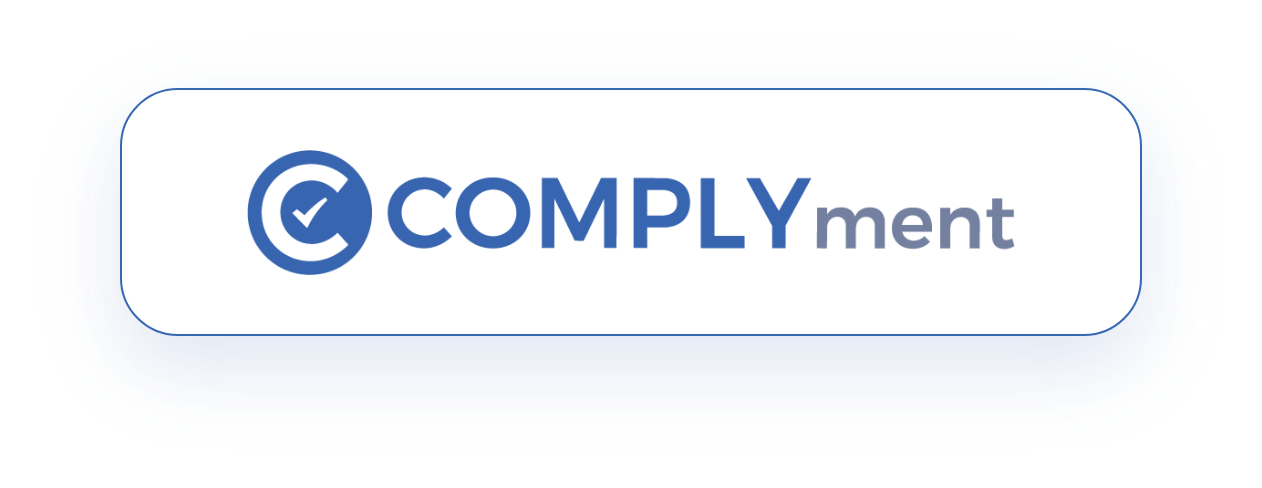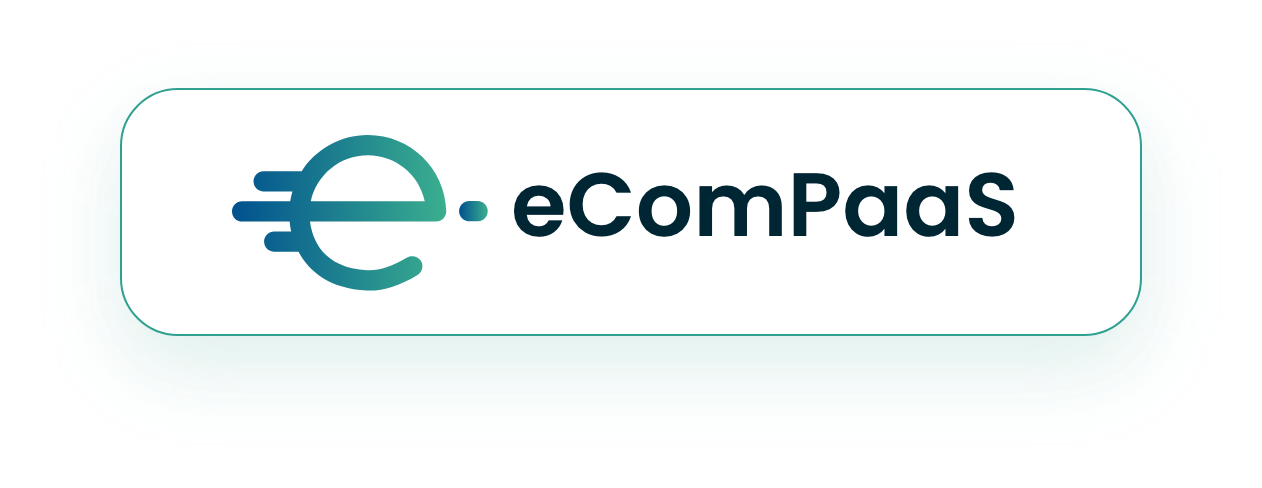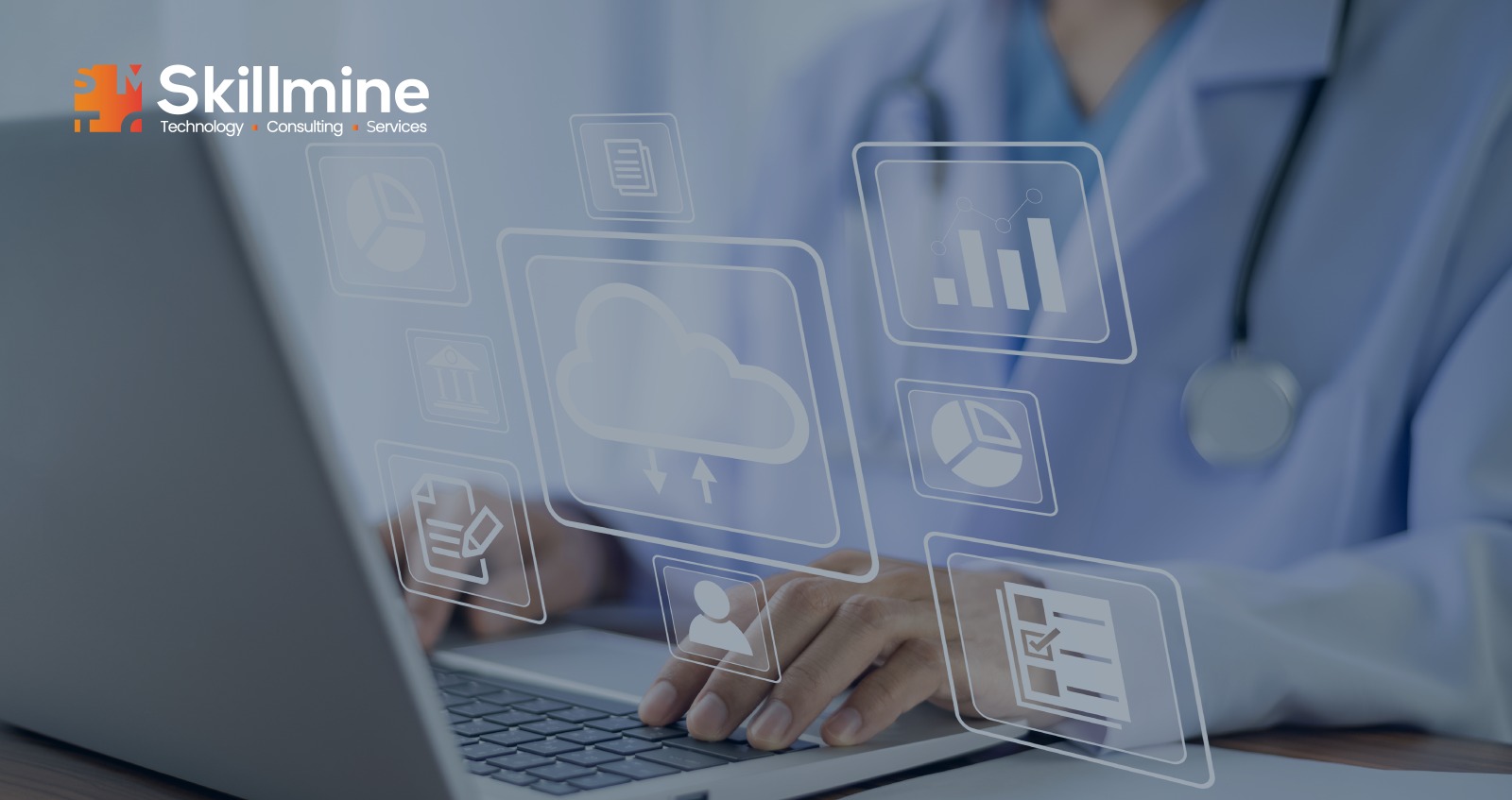The digitization of healthcare data is on the rise, mirroring trends observed in various industries where data is experiencing significant growth in velocity, volume, and value. Data management in health involves the organization and interpretation of this data, aiming to provide advantages for healthcare organizations, practitioners, and, most importantly, the overall well-being and health of patients.
What is Health Data Management?
Health Data Management (HDM), also referred to as Health Information Management (HIM), involves the systematic organization of health data in digital format. This encompasses a wide range of information, from Electronic Medical Records (EMR) generated during medical consultations to Electronic Health Records (EHR) and even handwritten medical notes that have been scanned into a digital repository.
The primary responsibility of Health Data Management is not limited to the organization of medical data; it extends to the integration of data and facilitating its analysis. The goal is to enhance the efficiency of patient care, extract valuable insights that can improve medical outcomes, all while maintaining the utmost privacy and security of the data.
Challenges in Health Data Management
Fragmented Data:
- Medical data exists in various forms, such as structured data in spreadsheets or databases, images, digital documents, scanned paper documents, and specialized formats like DICOM for MRI scans.
- Data fragmentation is exacerbated by duplication, with healthcare providers, public health organizations, insurance entities, pharmacies, and patients storing information in multiple versions. This lack of a centralized source of truth poses challenges in obtaining accurate and comprehensive information regarding patient well-being.
Changes to Data:
- The dynamic nature of medical data is evident in constant changes, including alterations to patient names, professions, locations, and health conditions.
- Patients undergo various tests and receive diverse treatments over time, and medical treatments and medications evolve. Emerging healthcare models, such as telehealth, introduce new types of data that need to be accommodated and managed within health data systems.
Regulations and Compliance:
- Medical data is inherently sensitive and must comply with government regulations, such as the Health Insurance Portability and Accountability Act (HIPAA) in the United States.
- Challenges arise in data discovery and maintaining data quality, making it difficult to conduct necessary audits and meet regulatory requirements. This constraint limits the diversity of data that healthcare providers can leverage for the benefit of patient care.
Considerations for Healthcare Data Storage
Scalability: The most rapidly expanding category of healthcare data is unstructured, encompassing MRIs, CT scans, X-rays, and PET scans. As this data proliferates into the Petabyte range, healthcare organizations require a highly scalable, cost-effective storage solution to accommodate this growth.
Compliance: Storage solutions must align with regulatory standards. Compliance with regulations like HIPAA and other healthcare industry mandates necessitates the implementation of Role-Based Access Controls (RBAC), audit trail logging, data encryption at rest, SSL for data in transit, and appropriately audited key management procedures.
Data Resiliency and Protection: Given the frequent targeting of health data in cyberattacks and the substantial risk it poses if accidentally lost or deleted, storage systems should prioritize data resiliency and protection. Robust storage solutions should incorporate redundancy, replication, data backup, and erasure coding capable of distributing data fragments across multiple nodes, thereby enhancing data security and safeguarding against potential threats.
Importance of Ensuring Compliance in Healthcare
Ensuring compliance in healthcare is crucial for maintaining the highest standards of patient care, safeguarding sensitive medical information, and upholding the integrity of the healthcare industry. Adherence to regulatory frameworks such as the Health Insurance Portability and Accountability Act (HIPAA) is paramount to protect patient privacy and ensure the secure handling of health data. Compliance also fosters trust among patients, as it demonstrates a commitment to ethical practices and legal obligations. Beyond ethical considerations, non-compliance can result in severe legal consequences, financial penalties, and damage to an organization’s reputation. By prioritizing and maintaining compliance, healthcare entities not only mitigate risks but also contribute to the overall improvement of healthcare quality and the well-being of patients.
Best Practices to Ensure Cloud Compliance of Healthcare Data
Conducting Cloud Compliance Training for Healthcare Personnel: Privacy incidents often involve a human element, a common occurrence in the healthcare industry. Staff cybersecurity training equips healthcare professionals with the knowledge to handle patient data appropriately, preventing hasty decisions that could compromise security. It also raises awareness about common and uncommon mistakes, enhancing overall data security.
Implementing Data and Application Access Controls: Restricting access to sensitive patient data and critical applications is crucial for reinforcing healthcare cybersecurity. User-based access controls ensure that only authorized individuals can access specific data, incorporating multi-factor authentication methods for added security.
Establishing Data Usage Controls: Setting rules for data usage is essential in preventing adverse events. Prohibiting specific activities, such as uploading to the web or copying data to external sources, helps maintain data integrity and security in healthcare organizations.
Logging and Monitoring Data Usage and Access: Continuous monitoring and logging of data access allow IT managers to track information usage and detect suspicious activities. Preset thresholds for alerting help manage the vast amounts of data accessed, contributing to swift responses and enhanced security controls.
Encrypting Data Whenever Possible: Encryption is a vital security measure in healthcare, preventing unauthorized use even if hackers gain access. Healthcare organizations are advised by HIPAA to implement robust data encryption strategies tailored to their data flow.
Prioritizing Mobile Device Security: With the increasing use of mobile devices in healthcare, safeguarding their security is paramount. Practices include using complex passwords, multi-factor authentication, encryption, regular monitoring, and ensuring devices are patched and updated.
Eliminating Risks from Connected Devices: Connected devices in healthcare, fueled by technologies like IoT and AI, require vigilant security measures. Installing security patches, employing multifactor authentication, and segregating networks for IoT devices contribute to mitigating risks associated with connected devices.
Performing Regular Vulnerability Assessments: Frequent vulnerability assessments are vital in identifying weak points in a healthcare organization’s infrastructure and gauging the security readiness of employees and vendors. Regular assessments aid in proactively addressing potential security threats and avoiding data breaches.
Securely Backing Up Sensitive Data: Ensuring the security of patient data through regular backups is critical for healthcare organizations. Offsite backups, encryption, and access controls add layers of protection, not only addressing cybersecurity concerns but also aiding in disaster recovery and ensuring data availability, a cornerstone of HIPAA compliance.
Conclusion
The significance of data privacy is on a continuous rise. With an increasing number of healthcare systems transitioning to the cloud, it becomes imperative for organizations to select cloud vendors with a proven track record of meeting HIPAA obligations. At Skillmine, we recognize the importance of strict privacy and security standards for health firms handling PHI (Protected Healthcare Information). Our cloud services are dedicated to surpassing or meeting HIPAA requirements for all data stored within our enterprise cloud computing environment.
Looking for expert technology consulting services? Contact us today.

